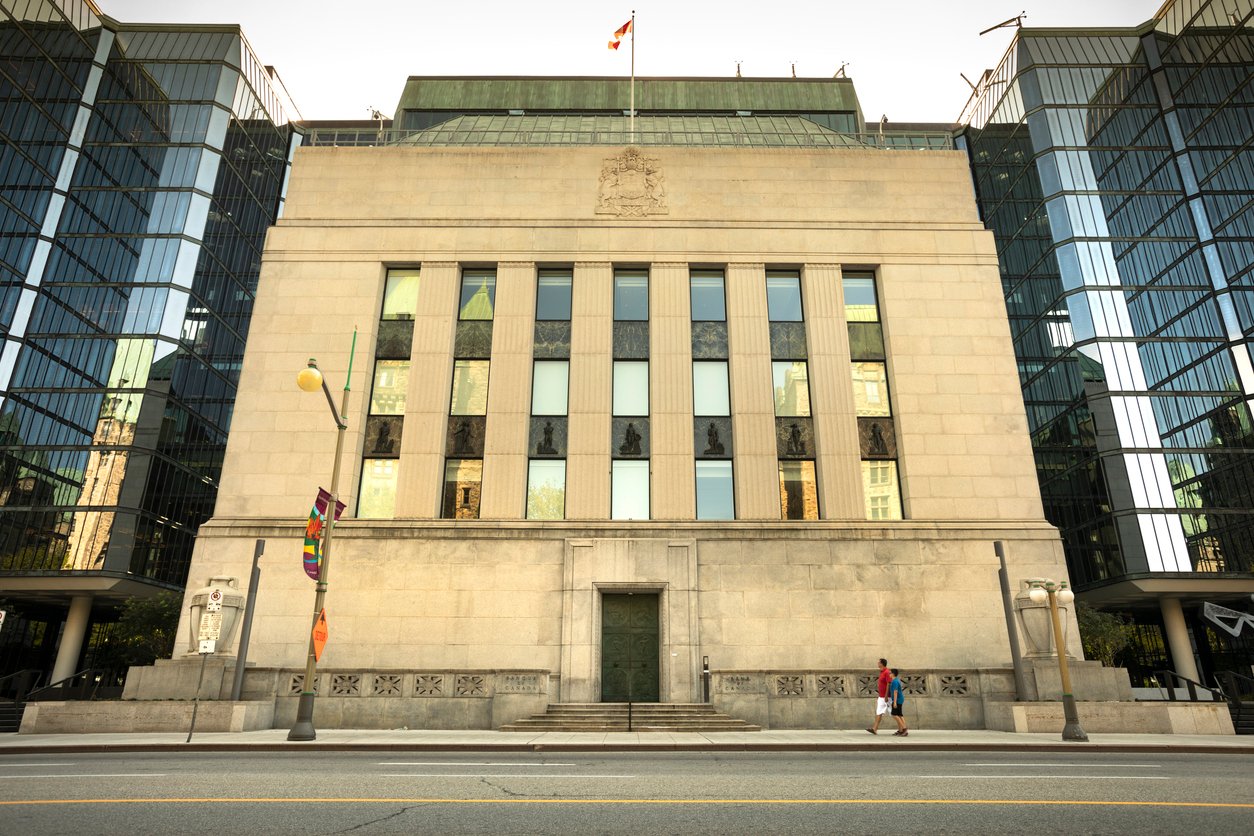The CRA would not identify the taxpayer involved, nor confirm whether the amount has set a Canadian record

As the April 30 deadline time approaches, business owners and tax professionals will no doubt be casting an eagle eye on their filings and records to find any write-offs and deductions that they may be entitled to. And one atypically large tax write-off by the Canada Revenue Agency (CRA) raises some serious questions.
“Sometime in the first six months of 2018, the agency wrote off more than $133 million in taxes owed by one taxpayer,” wrote CBC News.
According to the news outlet, the massive write-off was for unspecified excise taxes or excise duties. Excise taxes are applied by the federal government on certain petroleum products, automobile air conditioners, and fuel-inefficient vehicles. In contrast, excise duties are collected on spirits, wine, beer, tobacco products, and cannabis.
The total contribution from excise taxes and duties to the federal coffers for 2017-18 was a reported $5.9 billion, the majority of which came from alcohol.
The write-off was included in an internal CRA memo dated September 14, 2018, which was drafted to explain a year-on-year spike in the total tax dollars declared uncollectible.
“The above total amount submitted for write-off represents an increase of $209M in comparison to the first submission of the 2017-2018 fiscal year,” said the memo, reportedly obtained by CBC News under the Access to Information Act. “The increase is attributable to a few large writeoffs, including one for $133M.”
Etienne Biram, a spokesperson for the CRA, said that confidentiality provisions under the law prevented the agency from identifying the taxpayer who benefited from the write-off, or divulging details of the nature of the uncollected taxes. The agency also could not confirm whether the amount — $133,416,922.33, to be exact — represents a record federal tax write-off in Canada.
“It is important to note that large write-offs of this magnitude are not common.” Biram said.
The CRA wrote off a total of $2.7 billion in taxes for the fiscal year 2017-18, which was reportedly the largest single-year sum that the agency wrote off since the $2.8 billion registered in both 2013-14 and 2014-15.
While the agency clarified that a tax write-off does not take away a taxpayer’s obligation to pay, it does mean that there will be no legal action unless the taxpayer’s situation gets better. “The vast majority of accounts receivable will be collected over time,” Biram said. “In 2017-2018, the CRA resolved over $57.8 billion in tax debt, of which less than five (per cent) was written off.”
The $133-million write-off, approved by CRA Commissioner Bob Hamilton, coincided with a March 2018 write-off of a government bailout loan to the now-bankrupt Chrysler Corporation. There’s no explicit connection between the two.
Weighing in on the issue, Aaron Wudrick, federal director of the Canadian Taxpayers Federation, said a taxpayer’s right to privacy in disputes with the CRA should be not be placed above Canadians’ right to know in cases involving write-offs related to government subsidies.
“If it is indeed for the Chrysler write-off, it's another kick in the teeth to taxpayers who have lost billions on the auto bailouts,” Wudrick said. “It's a cautionary tale for those who insist these kinds of subsidies are 'good investments.'”



